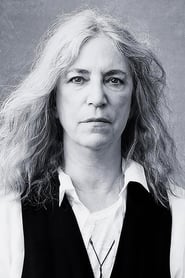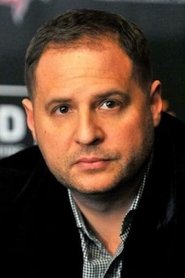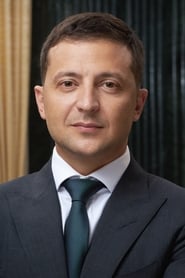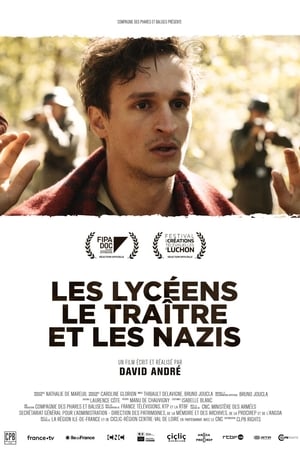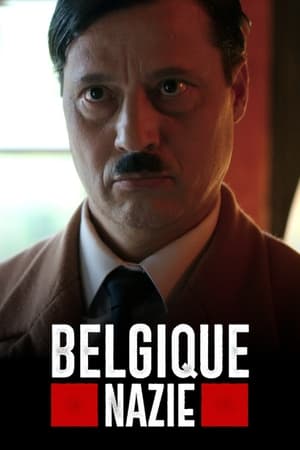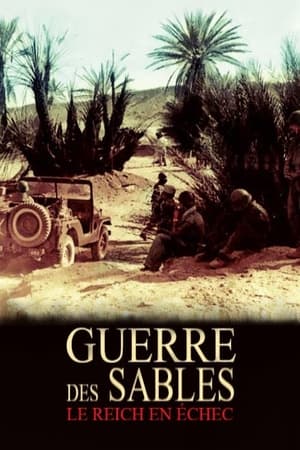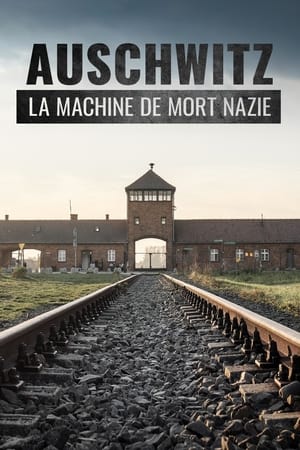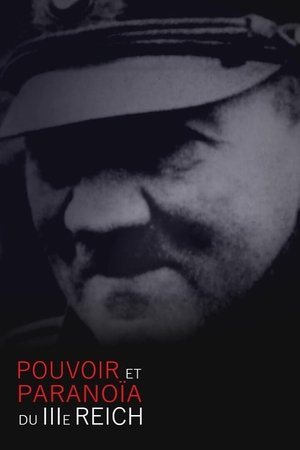Turn in the Wound
Similar Movies
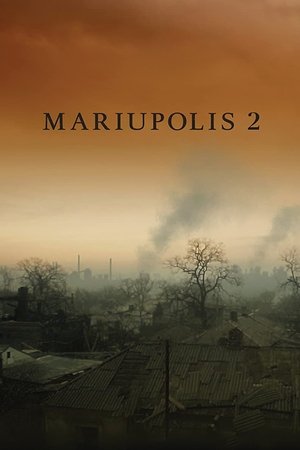 8.5
8.5Mariupolis 2(ru)
In 2022, Mantas Kvedaravičius went back to Ukraine, Mariupol, at the heart of the war, to be with the people he had met and filmed in 2015. Following his death, his producers and collaborators have put all their strength into continuing transmitting his work, his vision and his films. Also a PhD in anthropology, Mantas Kvedaravičius wished to testify as a filmmaker as far as possible from the agitation of the media and the politicians. With huge force and sensitivity, Mariupolis 2 depicts life as it continues amidst the bombing and reveals images that convey both tragedy and hope.
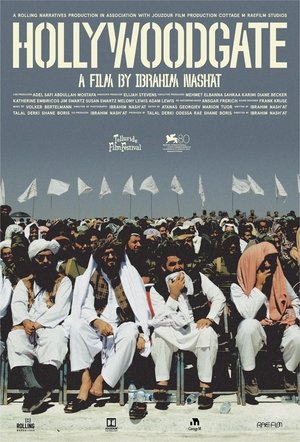 8.3
8.3Hollywoodgate(fa)
Immediately after the US pullout from Afghanistan, Taliban forces occupied the Hollywood Gate complex, which is claimed to be a former CIA base in Kabul.
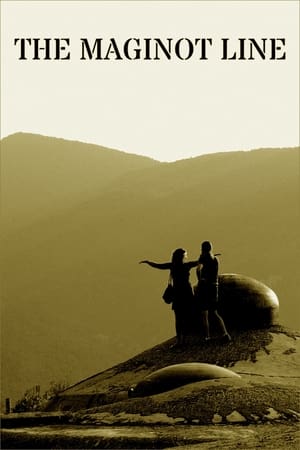 7.0
7.0The Maginot Line: France's Defensive Barrier(de)
The Maginot Line: thousands of subway bunkers and concrete defenses lining the French border from Belgium to the Mediterranean Sea, a monumental engineering feat that was celebrated as a technical masterpiece when it was created. When the impregnable wall was demolished by the unbeatable Nazi war machine in 1940, the conquered fortress became the shattered symbol of French defeat.
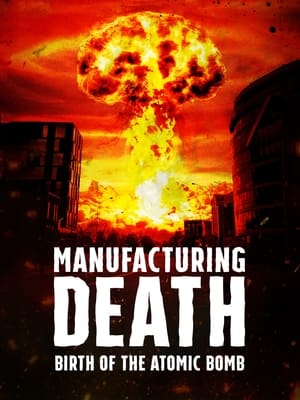 8.2
8.2Manufacturing Death: Birth of the Atom Bomb(en)
The birth of the atomic bomb changed the world forever. In the years before the Manhattan project, a weapon of such power was not even remotely imaginable to most people on earth. And yet, with war comes new inventions. New ways of destroying the enemy. New machines to wipe out human life. The advent of nuclear weapons not only brought an end to the largest conflict in history, but also ushered in an atomic age and a defining era of "big science". However, with the world now gripped by nuclear weapons, we exist constantly on the edge of mankind's total destruction.
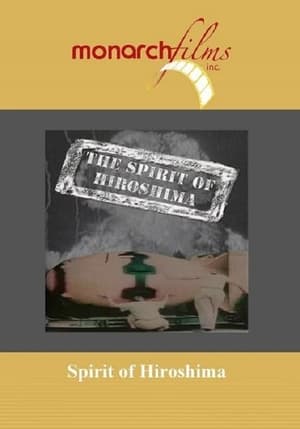 0.0
0.0Spirit of Hiroshima(en)
Through the daily life of a Japanese family living in the Hiroshima of the nineties, this documentary uses valuable testimonies to reflect on how these people continue to overcome the atomic bombing of 1945.
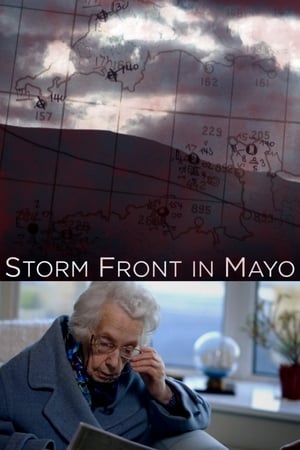 7.5
7.5Storm Front in Mayo(en)
Ireland, June 1944. The crucial decision about the right time to start Operation Overlord on D-Day comes to depend on the readings taken by Maureen Flavin, a young girl who works at a post office, used as a weather station, in Blacksod, in County Mayo, the westernmost promontory of Europe, far from the many lands devastated by the iron storms of World War II.
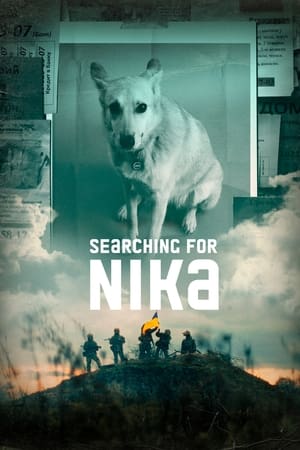 8.0
8.0Searching for Nika(uk)
Returning to Kyiv to search for his missing dog during the Russian invasion of Ukraine, director Stas Kapralov documents his journey as he joins forces with volunteers and becomes part of a movement to rescue animals caught in the crossfire of war.
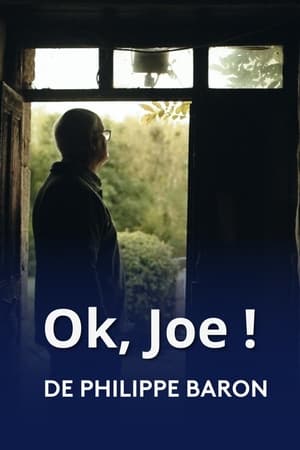 8.5
8.5OK, Joe !(fr)
In autumn 1944, during the Liberation of Brittany, writer Louis Guilloux worked as an interpreter for the American army. He was a privileged witness to some little-known dramatic aspects of the Liberation: the rapes and murders committed by GIs on French civilians. He also discovered the racism of American military justice. This experience haunted the novelist for thirty years. In 1976, he recounted it in a short novel, "Ok, Joe", which went unnoticed. This film compares his account with the memories of the last witnesses to these forgotten crimes and their punishments.
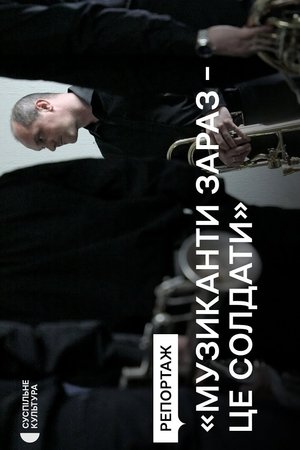 0.0
0.0Fighting with music: the history of the Luhansk Philharmonic Orchestra(uk)
Gathering together dozens of his musicians, providing them with housing and work in Lviv, organising the evacuation of instruments from under fire, and continuing to perform: this is the second time that the director of the Luhansk Philharmonic, Ihor Shapovalov, has revived the orchestra. Back in 2015, after being rescued from Luhansk, Sievierodonetsk became his home. In seven years, Igor has managed not only to staff the orchestra, but also to establish links with orchestras from Europe and different parts of Ukraine, and to show that Luhansk region has always been, is and will be Ukrainian. Today, the battle for Sievierodonetsk is ongoing, and Russia's large-scale invasion is putting the musicians in front of new challenges. But they remember why it is worth taking to the stage again and again, to spread Ukrainian and European culture.
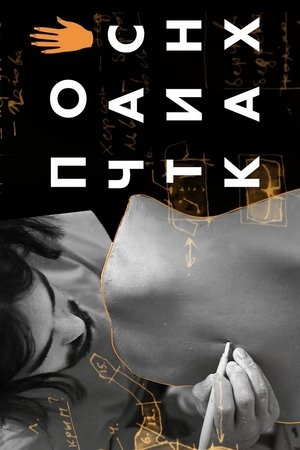 0.0
0.0Piece by Piece(uk)
To travel all over Ukraine, collect 25 casts of Ukrainian girls' bodies and make a sculpture out of them for Independence Day. Ceramist Slavik Pasynok spent the summer creating his project ‘The One’. To do this, he made a cast of a certain part of a girl's body in each region. He formed a sculpture from the casts, and the UA: Culture team filmed the process. Is it possible to assemble something unified from different parts?
 0.0
0.0A Good Year(uk)
A year ago, on 29 December 2019, prisoners were exchanged with the self-proclaimed ‘LPR’ and ‘DPR’. Among the Ukrainians who returned home were journalist Stanislav Aseyev, tanker Bohdan Pantiushenko, and human rights activist Andriy Yarovoi. Four months earlier, on 7 September, Crimeans Oleg Sentsov and Oleksandr Kolchenko were released from Russian colonies. We spoke to the former prisoners about their first year of freedom.
 8.0
8.0Maidan(uk)
A chronicle of the civil uprising against the regime of Ukrainian president Viktor Yanukovych that took place in Kyiv in the winter of 2013/14. The film follows the progress of the revolution: from peaceful rallies, half a million strong in the Maidan square, to the bloody street battles between protesters and riot police.
 8.0
8.0June 1940, the Great Chaos(fr)
From May 10, 1940, France is living one of the worst tragedies of it history. In a few weeks, the country folds, and then collapsed in facing the attack of the Nazi Germany. On June 1940, each day is a tragedy. For the first time, thanks to historic revelations, and to numerous never seen before images and documents and reenacted situations of the time, this film recounts the incredible stories of those men and women trapped in the torment of this great chaos.
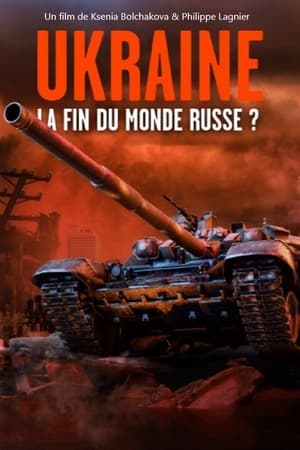 7.0
7.0Ukraine : la fin du monde russe ?(fr)
By invading this "state fiction" that is, according to him, Ukraine, Vladimir Putin takes up the motto of the tsars: "sovereign of all Russia, the great, the small and the white". The first would have Moscow as its capital, the second, kyiv, and the last, Minsk.
NZ WARS: Stories of Waitara(en)
Stories of Waitara combines oral histories, state of the art animations and powerful dramatic re-enactments to bring to life the narratives of Te Ātiawa in their epic battle against the military might of the British Empire. Created and presented by award-winning journalist Mihingarangi Forbes NZ Wars: Stories of Waitara documents the epic battle for control over the fertile lands of Taranaki. Shared through the eyes of Te Atiawa descendants including Dr Ruakere Hond with insights from acclaimed historian Dr Vincent O'Malley this digital documentary project focuses on the beginning of the Taranaki wars which started in Waitara and raged across the region for over two decades. The Taranaki pa site of Pukerangiora holds a significant place in New Zealand's military history as a lasting symbol of Maori resistance and resilience. Pukerangiora is now the backdrop for the latest installment of RNZ's award-winning docu-series on the bloody birth of modern New Zealand.
